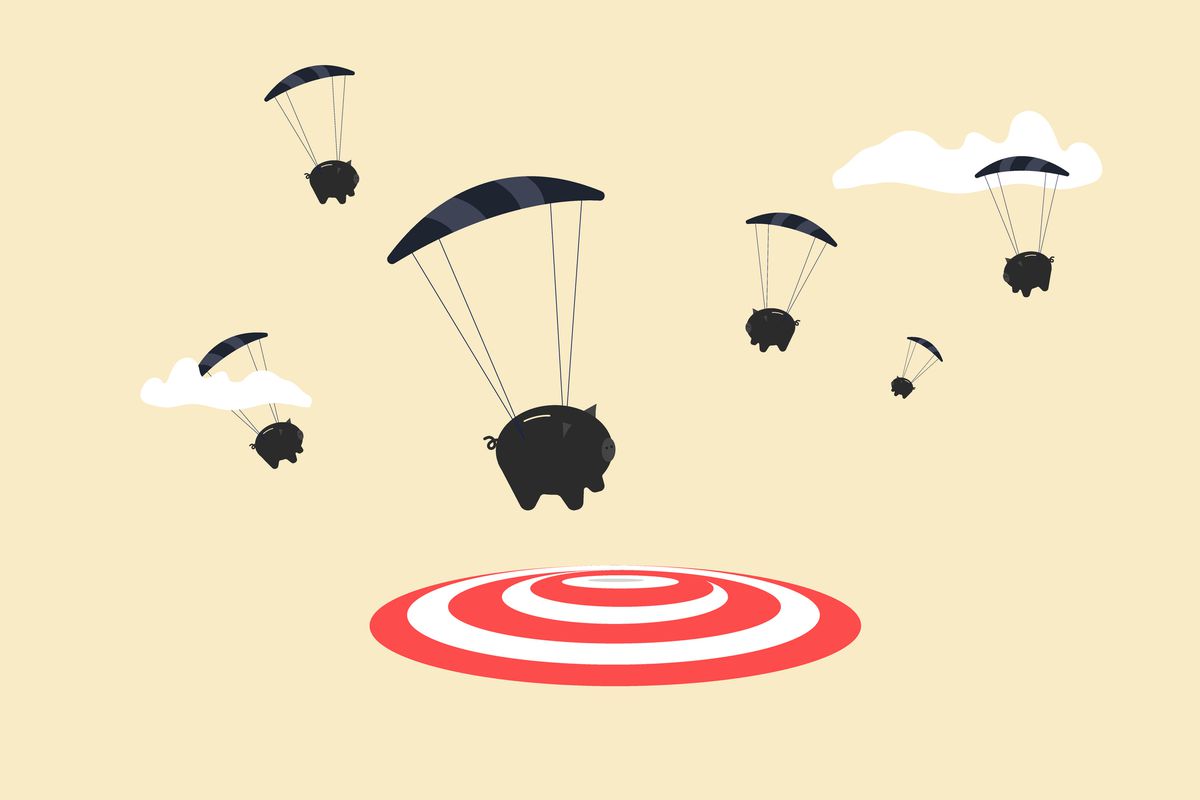Economics might be boring but it uses some interesting terms. Right now we are aiming for a soft landing, and appear to be on track to achieve it. If we can, that will be very important for everyone.
The opposite of course is a crash landing. That’s when inflation rises sharply, interest rates are pushed up to control it but are raised too far, and the economy goes into recession. Everything slows bringing job losses, business failures, pay freezes and rising unemployment.
A soft landing is achieved when interest rates are raised just enough to reduce demand and slow the economy a little, allowing inflation to come back down without causing a contraction. The boom time conditions fade away without serious side effects.
Australian inflation is now trending downwards. From a peak of more than eight per cent last year, prices rose only 4.9 per cent for the twelve months to the end of July. That was down from 6.0 per cent in the year to June.
Meanwhile the economy isn’t shrinking but continuing to grow slowly – 0.4 per cent in the June Quarter and 3.4 per cent over the last year.
A soft landing was always the objective of the Reserve Bank and Governor Phillip Lowe. It is also likely in the US though the situation in Europe is more difficult. Central banks know exactly what their goal is and what they need to do.
Phillip Lowe did a good job, excellent most of the time, with only a few glitches. Covid brought unprecedented challenges for the Government and the Reserve Bank. They responded with major financial support and a big boost to the money supply. When inflation inevitably took off the RBA had to control it.
If a soft landing is achieved and recession avoided, share prices won’t be depressed by shrinking company earnings. Profits for the last financial year were better than analysts expected. Company borrowings are reasonably low so the higher interest rates aren’t a big cost for most businesses.
Inflation isn’t a threat to most investments, only to cash savings. Bank deposits have been earning less than inflation. If tax must be paid on the interest, the real return is even more negative.
When inflation is high the values of properties and shares rise more, because there is more cash in circulation chasing them. In the high inflation 1980’s and 1990’s share and property prices surged.
It is now very likely that interest rates have reached their peak. They will stay at this level for a while but should start to fall from mid-2024 on. The outlook for investments is benign. There doesn’t appear much to fear out there. Future returns should be sound.

